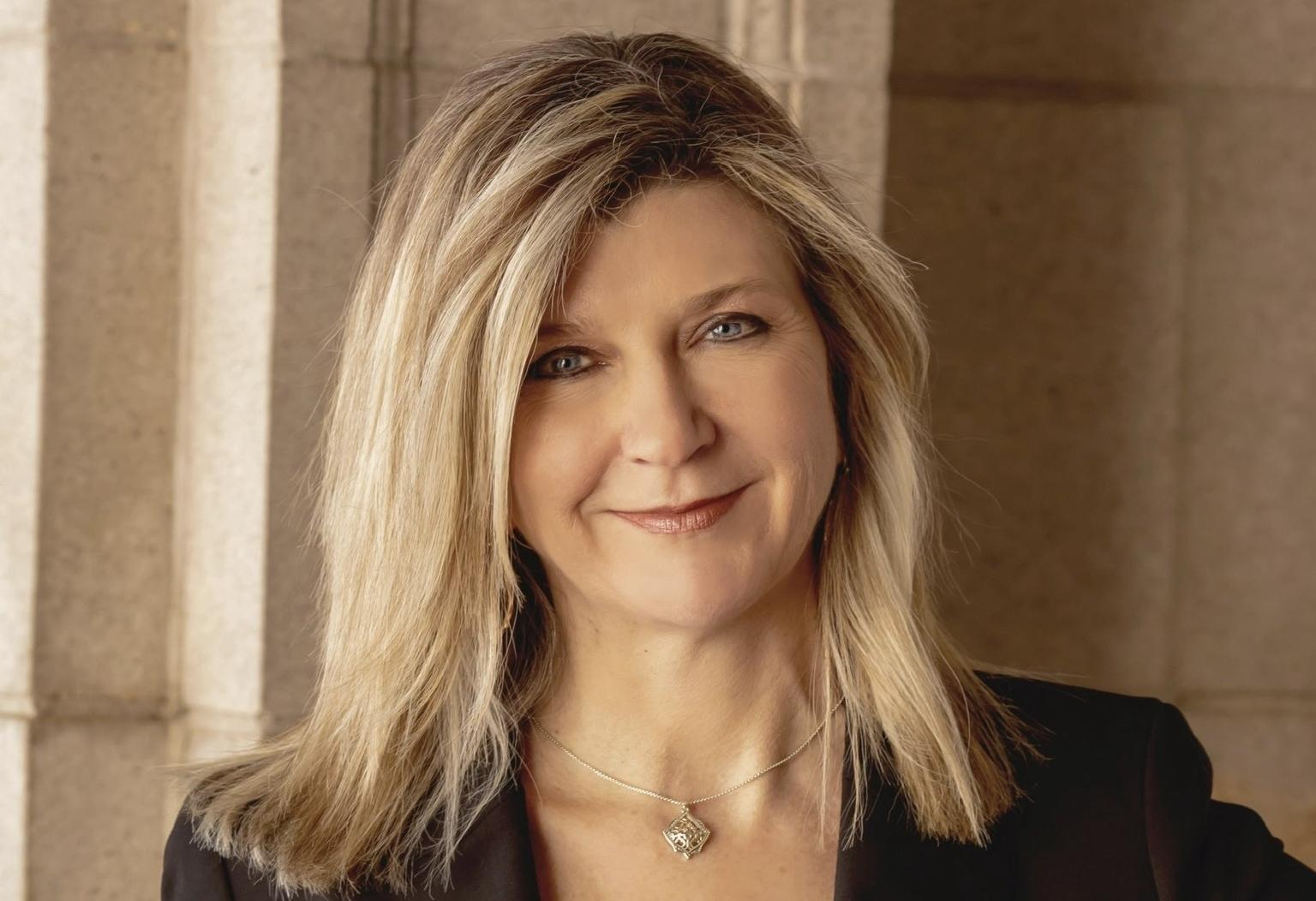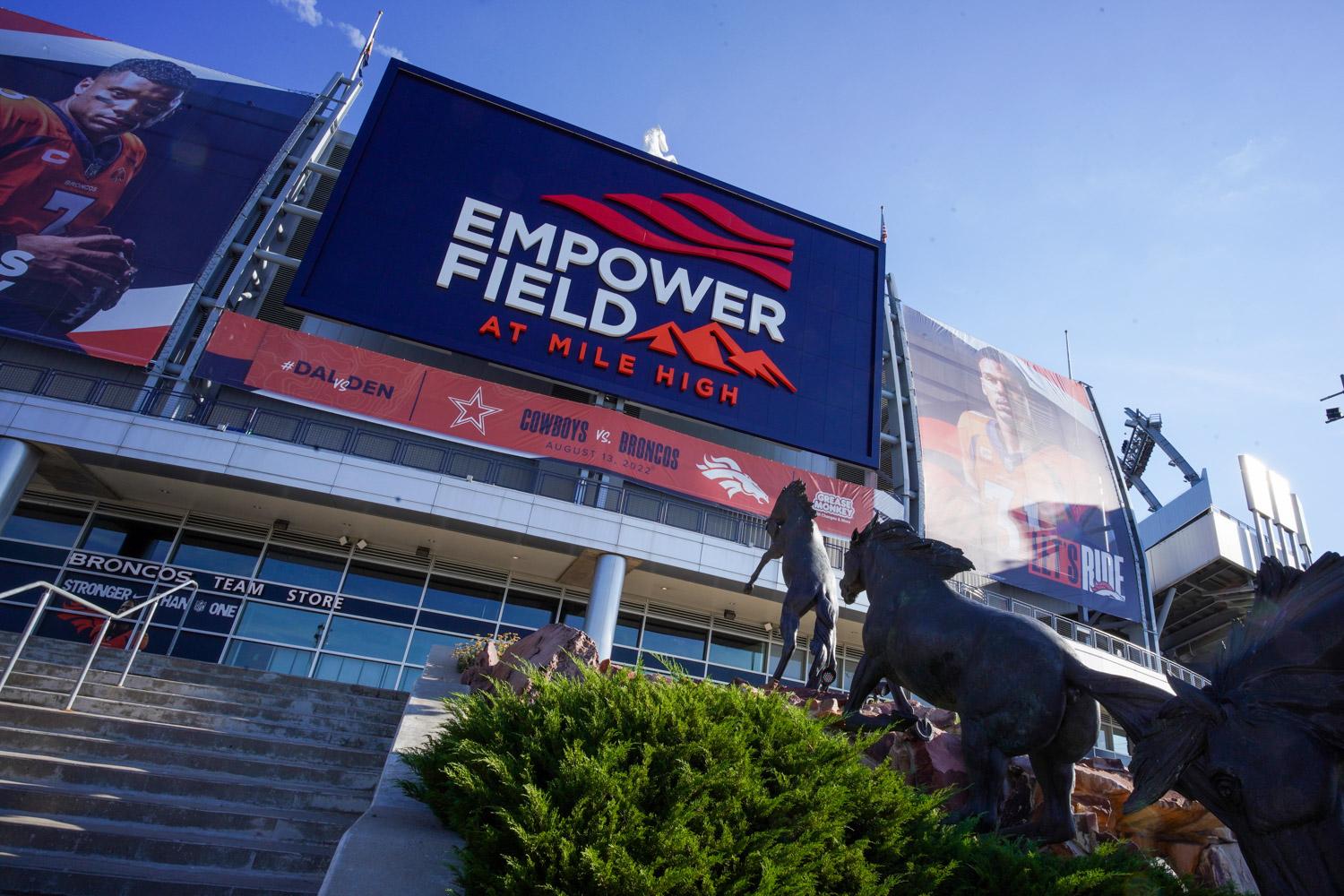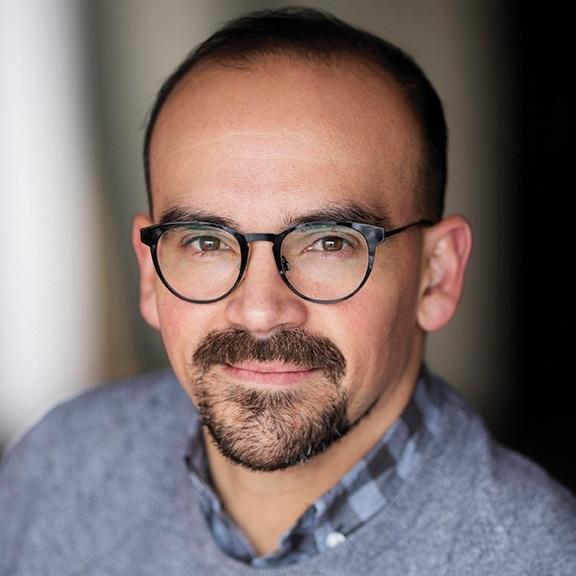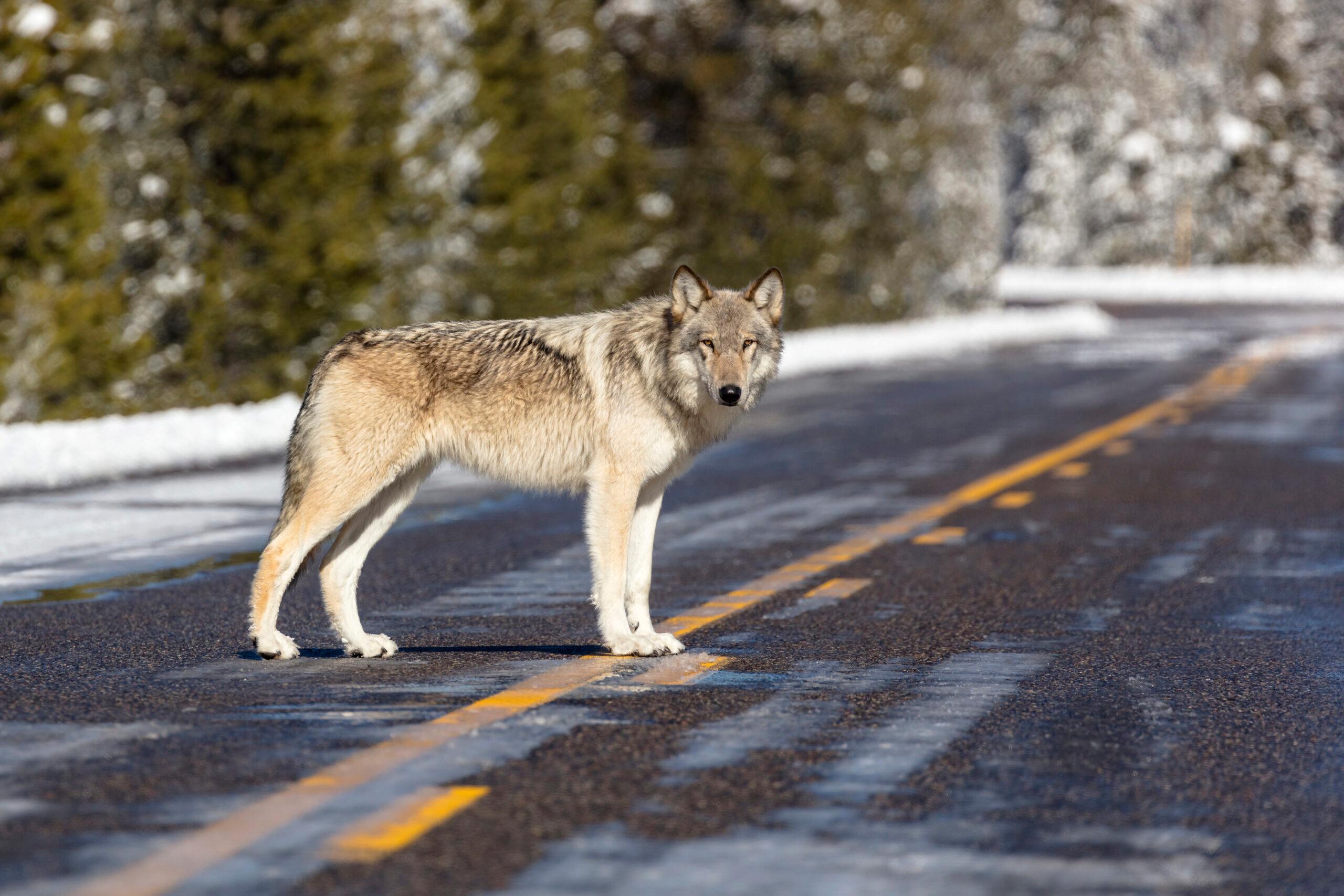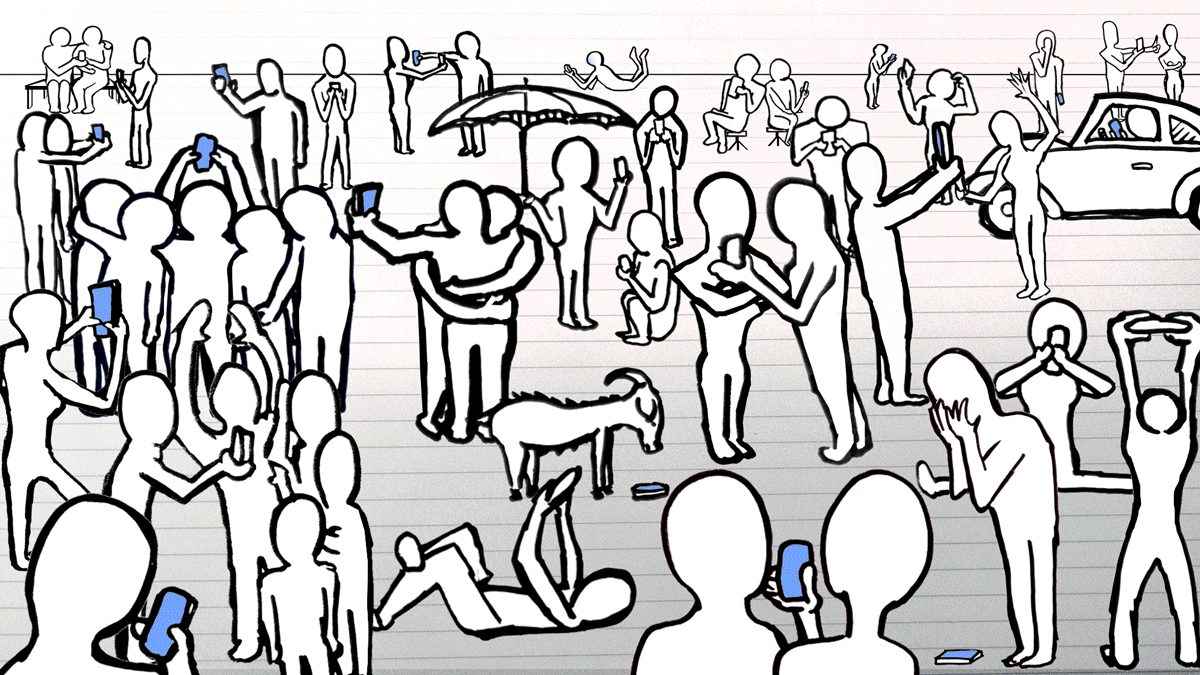
For generations, pop culture has played a big role in young adults’ lives. Today, it’s always with them, though. Teens can watch TV, follow celebrities or read the news anytime they want to on their devices. Some experts and teens we talked to said that really affects their mental health, contributing to anxiety and depression.
But many teens we spoke with painted a more complicated picture: All that information meant they were better informed and more engaged in conversations with their friends — just online instead of in person.
So we asked a group of freshmen at the University of Colorado Boulder how they think about pop culture and social media today. How does it influence their lives?
Megan McDougall, 18
“The way that social media has taken off within our generation’s timeline has kind of given a route for social movements to take like, deeper roots because more people are seeing them happen.”
Victoria Carlsen, 19
“I limit myself to certain things like things that will stand out to me, that I'll embrace and go in-depth because there's just too much,” she said. “I’ll look at my Snapchat feed and be like, ‘I'm not going to try to get into that. Cause that's just too much to absorb.’ So you’ve got to pick and choose your information and what issues you're into because there's no way you'll be able to cover it all and be well educated in it without losing your mind.”
Enzo Del Calzo
“I'm kind of worried for him because it's like we'll be in the car and he'll have like his headphones and it's like we can't even have a conversation just sitting in the car ‘cause he's just so absorbed. And he kind of lacks a lot of the stuff you would learn from just playing outside with other kids or just having a best friend,” he said about his 14-year-old brother who is 5 years younger than him. Delcalzo said there are good things about his brother making connections online, though.
“It helped him through a lot of rough times that he recently experienced. And that really was a safety net for him and kind of made him relax and feel okay when he like was struggling.”
Grace Ann Buie, 18
“Our generation is just so opinionated about everything that it's just hard to get away from it and remember there are actually good people in the world and the world is not completely terrible because I feel like we honestly have a pretty cynical outlook on life,” she said.
“I feel like we're all walking memes. It's like a good thing and a bad thing. We can't separate ourselves from our sarcasm and our humor because it's our greatest defense mechanism.”
Grace Williams, 18
“We're having kind of a crisis of identity, almost, because you're consuming so much media and so many people are portraying these kinds of selves online and you're just taking them in all the time. For me, I will sit and watch YouTube for hours and then you kind of come out of it and you say, ‘What about me? Like what do I like to do? What are my interests as a person?’ And I think that that's a real downside of social media is that you can consume so much of what other people are doing that you don't really know who you are.”
Dani Urbina, 18
“When you laugh about something it's easier to talk about it. So me and my sisters, we all have daddy issues, I guess. And so we would never talk about the trauma from my childhood I guess ... except we might bring it up through like, ‘Like that meme you sent ha ha. That was funny. That was like, when dad did this, you know?’ And then we're like, ‘Yeah, I actually thought that that was really sad and that really hurt,’ you know? And then it starts that.”
We want to know more, and we hope you do, too.
CPR News will spend the next few months investigating the factors that have created the ultimate pressure cooker for some teens. We’ll go into their world through audio diaries, interviews, reflection and analysis. Most importantly, we’ll examine what teens, families and schools can do to let some of the pressure loose.
_


